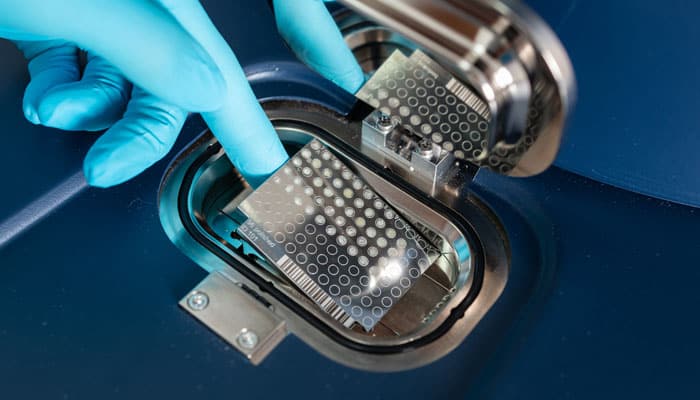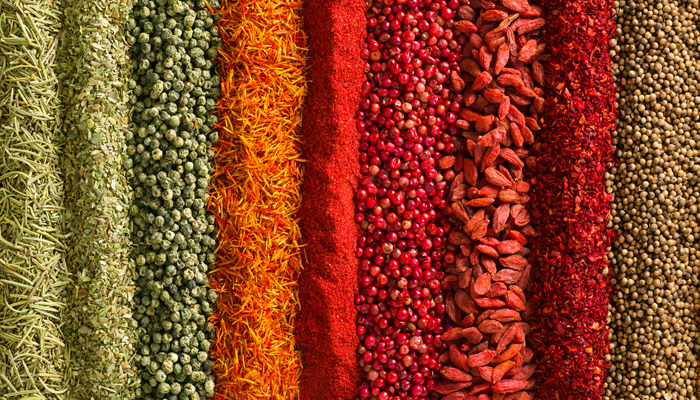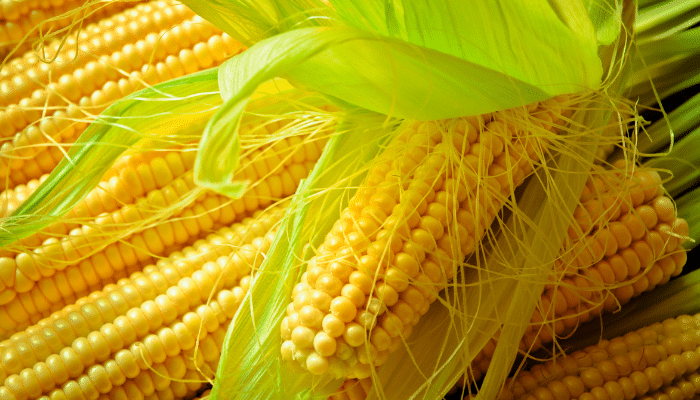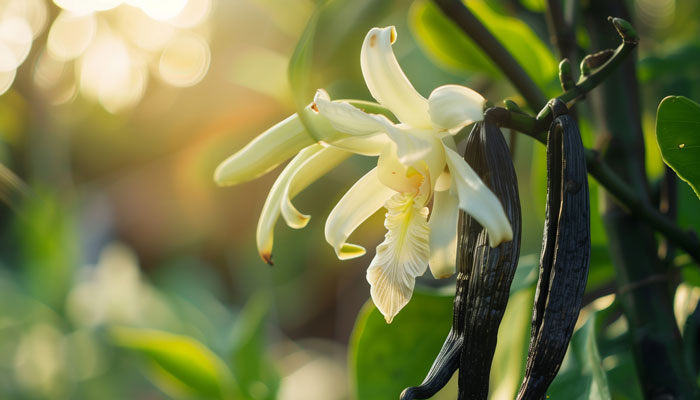

Phytocontrol continues to innovate and reinforce its expertise in the field of food security.
Our promise : to respond to customer needs, present and future
In 2019, between our 2 laboratories Nimes and Rennes, the groupe has developed 120 COFRAC accredited analysis methods. Including some new analysis as well as updating some existing methods to complete the Phytocontrol catalogue. We make sure that our offering is the most cutting edge for people in the agriculture, agri-food, cosmetic, pharmaceutical and water industries.
To always be one step ahead and always be at the forefront of innovation, Phytocontrol reinvests 20% of its revenue back into research and development . The strength of this team lies in its multidiscipline and eclectic makeup of people, which comes from several fields of expertise, chemical analysis, biotechnology, physico-chemistry, micro-biology, metals and radio-activity, innovation and quality. .
A wide range of new analysis methods insures the strength and depth in the Phytocontrol Group. Year after year, our offering is being updated to keep our customer promise; proximity, expertise, reactivity and reliability. This last one is the results of a latest generation laboratory coupled with our team’s new techniques guaranteeing the quality and reliability of our test results.
Dithiocarbamates by family with LC-MS/MS
With a strong history in pesticide analysis , Phytocontrol have finalised the development of a never-seen-before unique solution for dithiocarbamates analysis available for the fruit and vegetable industry.
The Group has gone above and beyond the regulations to help the industry address the issue coming from normal dosage of CS2. The lab is able to determine the endogenous (naturally occurring) or exogenous (resulting from a phytosanitary treatment) nature of the presence of CS2. This innovative and accredited analysis enables the three main families of dithiocarbamates to be tested and quantified.
Allergens in cosmetic products.
Phytocontrol is now able to test and quantify the 26 regulated allergens in cosmetic products by LC-MS/MS or GC-MS/MS. This quick and reliable analysis (routine turnaround time of 3-5 days) confirms Phytocontrol’s expertise in the cosmetic sector. The lab offers a top quality service for allergens , pesticides and other contaminants of cosmectic products; perfumes, essential oils, creams, shower gel, soap, liniments and makeup removers.
Species detection by NGS
NGS (Next Generation Sequencing) is a new micro biotechnology technique enabling the detection and identification of the make-up of products of animal or vegetable origin in food or other products, against an ever growing database.
In parallel to this technique (q)PCR which determines the target species, NGS allows the pinpointing of the test to identify each of the detected species. On top of that, NGS technology is able to detect the presence of plant or animal species for which (q)PCR technology is not yet available. This new method allows the unambiguous identification of the species.
We are able to offer 3 types of analyses :
- Meat (> 6000 species)
- Fish (> 6000 species)
- Plantes (> 5000 species)
This exceptionql solution gives the proof of authenticity of the species in your products with a wider reach than traditional methods.
The R&D projects for 2020 are already up and running, the microbiology team will be the first to release their new programme. From the start of the new year, Phytocontrol will offer identification by the Maldi-Tof method, a key solution for the identification of bacterial colonies.
All these new methods launched into production will strengthen the Phytocontrol offering :
- Agrifood : matrine, nanoparticules, Glycidol usage, 3-MCPD and 2-MCPD in free and ester forms, pytcotoxins, biogenic amines, stability tests, complex test samples ...
- Hydrology : extension of the accreditation for pesticide analysis, quick methods of microbiology tests, anaerobic sulfite-reducing microorganisms and their spores comprising clostridium perfringens, REDOX potential, turbidity, substances extractable with Hexane, radioactivity...
For all technical information, pricing or regulatory, please don’t hesitate to contact your regional office.
Est-ce que l'article vous a été utile?
Note moyenne 0 / 5. Nombre de votes : 0
Aucun vote pour l'instant ! Soyez le premier à évaluer cet article.




